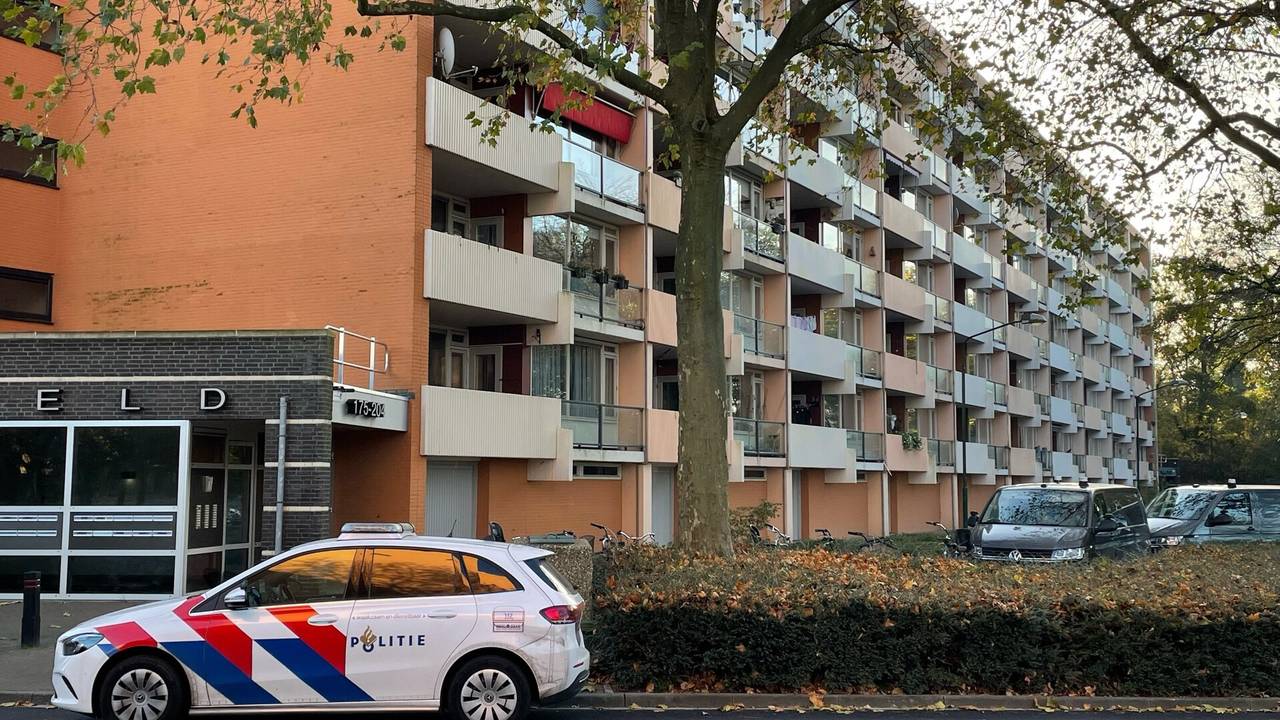“You are servants of the colleges”, indicated Catherine Louis, this Wednesday, November 9, during the session of installation of the departmental youth council. During the first debates, the issue of bullying at school was addressed.
 Every two years, students from the 54 public and private colleges of the Côte-d’Or are called upon to vote for their fifth or fourth year classmates to represent them within the Departmental Youth Council (CDJ).
Every two years, students from the 54 public and private colleges of the Côte-d’Or are called upon to vote for their fifth or fourth year classmates to represent them within the Departmental Youth Council (CDJ).
On a quarterly basis, the departmental youth assembly, chaired by Catherine Louis (LCOP), meets at the headquarters of the Department in Dijon, and each elected representative thus becomes an “actor of local democracy by participating in debates which allow them to hear the other and to accept the decisions taken by the majority”. During their mandate, the elected juniors will make proposals in terms of citizenship, duty to remember or even the environment.
This Wednesday, November 9, 2022, the installation session was led by Catherine Louis, chair of the commission for youth, community life and education, Mohamed Antar, contact person of the CDJ in the office of the president of the Department, and Céline Schmitt , senior consultant for education , project manager for the academic director of the departmental directorate of national education services in Côte-d’Or (DASEN 21).
The “exceptional adventure” of the elected juniors
“Seating in this assembly is an important commitment, you have an essential role”, solemnly declares Catherine Louis as she welcomes the new young departmental councilors. “You will live an exceptional adventure inside the CDJ.”
“You are servants of the colleges, you have a civic duty,” continues Catherine Louis, “complement what you learn in college from your teachers who produce outstanding work.”
“This commitment reveals the diversity and invaluable richness you represent,” adds Céline Schmitt. “Your youth, combined with a certain maturity, allows you to face and understand complex but fascinating social issues. (…) The values of fraternity, mutual aid, solidarity and exemplarity are at the center of this assembly and are the noble duty of every citizen”.
“We represent 24,000 university students”
Elected during the previous mandate, Émilien also bears his testimony: “he changed us, he allowed us to learn many things, to discover many places”. He and his companions were thus able to discover the European Parliament in Strasbourg, the prefecture of the Côte-d’Or and the services of the Department.
“Through this scarf, we not only represent ourselves, we represent 24,000 university students,” Emilien points out to the newly elected, encouraging them to “perpetuate the CDJs”.
In connection with the duty of remembrance, CDJs will notably be allowed to wear their blue scarf during memorial services, sometimes within the walls of the college itself when the head of the establishment is a volunteer.
The elected juniors will be able to choose to sit on three commissions: the first relating to sport, sports for the disabled, Olympism, citizenship, the duty of memory and commitment, the second relating to the environment and the third to citizenship, to European and international relations.
“Bullying exists in all colleges”
Before the lunch break, François Sauvadet (LCOP), president of the departmental council of the Côte-d’Or, joined the assembly for a moment of discussion with the young elected officials on school catering and harassment at school.
During the previous term, videos against bullying in school were made. “Bullying exists in all colleges, it’s not taboo, we need to talk about it,” warns Catherine Louis on the eve of the National Day to Fight Bullying in Schools organized on November 10 by National Education.(read the press release).
“We must always respect those who live their difference”
The young elected officials react willingly to this sensitive issue, suggesting in particular the development of mailboxes to discreetly report problematic situations.
Students also share testimonials like this student who points out that in her establishment “the cafeteria staff give nicknames” while her classmates dare not say it doesn’t suit them.
Another student talks about difficulties in Spanish: “the teacher did more to belittle me than to help me understand”. A situation that some of his companions have experienced.
Yet another evokes the situation of a transgender person who wishes to be considered a boy and finds himself the victim of insults from boys, while yet another encourages the development of awareness actions to combat homophobia.
“We must always respect those who live their difference or who express different positions”, reacts François Sauvadet, “it is our job because it is the job of respecting one another”.
Another student recounts a teacher’s general sexist remarks. “There is a problem”, then acknowledges François Sauvadet, defender of professional equality between women and men, particularly in the public service, underlining that the subject fell within the competence of the national education services.
The first part of the installation session concluded with the delivery of the scarves and then with the taking of an official photograph on the steps of the Department building.
Jean-Christophe Tardivon
Testimonies on school catering in Côte-d’Or boarding schools













































